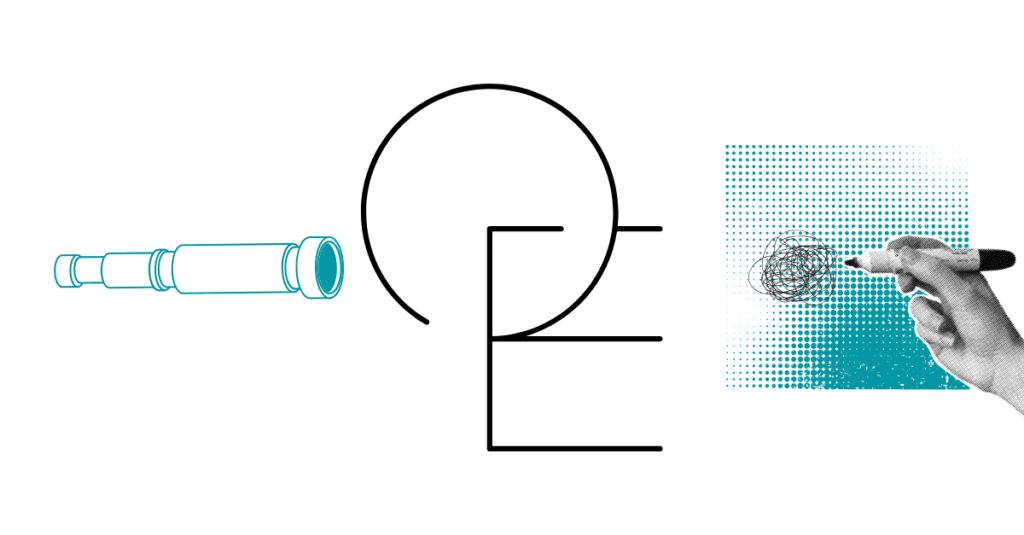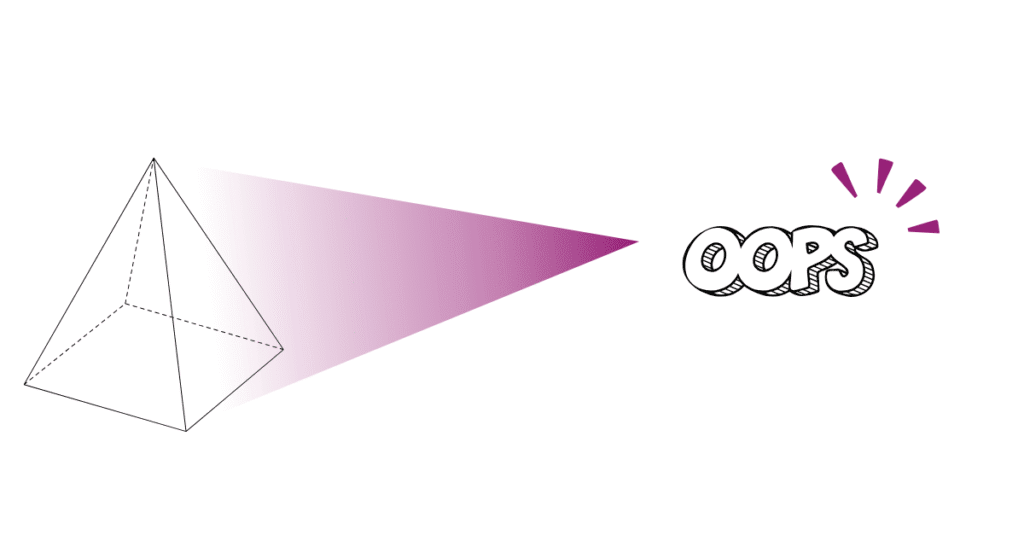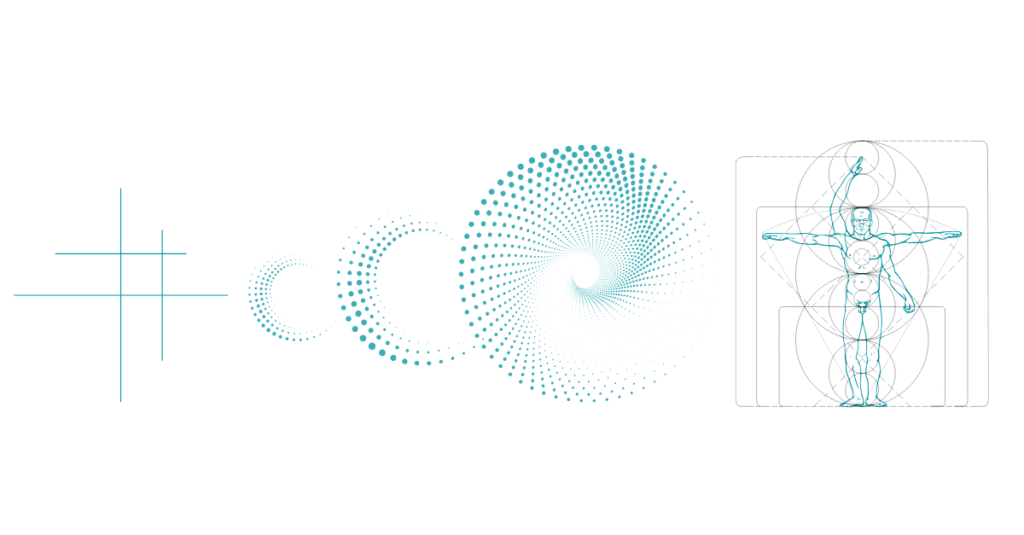Between hope and fear of the future: artificial intelligence has long since become a talking point in the world of work. Repetitive tasks and simple data sets are no longer the only concern of AI – machine intelligence can now also master complex tasks with ease. This raises questions. Questions that cannot (yet) be clearly answered.
Table of Content
Skepticism or the will to win: What management says about AI
AI brings more disadvantages than advantages – the management level of SMEs is certain of this. This is the result of a survey conducted by Steinbeis Augsburg Business School among more than 100 top managers.
Employees at the lower management level are particularly affected by the triumph of AI. More than half of all positions could be eliminated as a result, according to the respondents. The situation is different at senior management level: The risk of jobs being replaced by AI here drops to less than one percent.
Two thirds of managers see AI as a booster for their own career – and rightly so. Only those who deal with artificial intelligence will be successful in senior management in the future.
It is undisputed that AI has great potential. However, the exact impact on the world of work is unclear. Opinions are divided here: While some see artificial intelligence as a threat to many jobs, others are relaxed about the change. The most common argument is that AI is nothing more than a tool that cannot replace human skills.
At management level, it should look like this: The AI takes over the preparation and processing of basic information, but the communication itself must always take place via the manager. This is because human decisions are something that AI simply cannot do.
After all, the fear that technology will make human workers replaceable has already arisen with computers – and they have ultimately only made our work more efficient – right?
The development of digital leadership: what the research says
Niels Van Quaquebeke, Professor of Leadership and Organizational Behavior at Kühne Logistics University in Hamburg, published a scientific article together with Fabiola Gerpott in June 2023 entitled “The Now, New, and Next of Digital Leadership: How Artificial Intelligence Will Take Over and Change Leadership as We Know It”. His thesis: AI will take over the majority of leadership tasks.
The development of AI in the executive suite is divided into three phases:
The Now: traditional leadership is becoming more digital, hybrid working models are accelerating this process. This process was accelerated during the pandemic in particular.
The New: Artificial intelligence supports managers in their work, making them more efficient and less prone to error.
The Next: Artificial intelligence takes over the position of manager.
According to Van Quaquebeke, it is not possible to predict exactly when the third phase will take place. But it shouldn’t take long.
The decisive factor: modern AI is better than the average manager. What’s more, AI costs less than a permanent boss. According to the professor, AI therefore performs significantly better in a direct comparison.
AI can not only make strategic decisions, but also take on traditional management roles – and motivate and support employees.
The following factors are decisive:
AI has more time and a better memory – it can also remember communications from long ago.
AI can fulfill people’s psychological needs for autonomy, competence and connectedness.
AI is always neutral and approachable – unlike stressed managers.
AI can promote communication. It knows all of the employees’ profiles and can, for example, refer them to a colleague.
The Steinbeis Augsburg Business School survey agrees with Niels Van Quaquebeke’s article on one point in particular: the job risk for upper management is comparatively low. This is because people are needed here to lead the AI.
According to Van Quaquebeke, so-called co-piloting, i.e. humans as leaders and AI as assistants, is rather unlikely. Humans tend to follow the AI – and ultimately question it very little.
The five types of AI management
We are currently in “The New” phase – we are starting to work together with AI. But this requires special management skills. The Hessian Center for Artificial Intelligence and the headhunters at digital leaders advisory have conducted a survey to identify the core competencies of managers who support AI projects. The result: five management types.
The AI relations manager: This manager is the string-puller, the link between business and technology. Their task is to mediate between the IT and business sides. To do this, the AI relations manager needs specialist knowledge of AI itself as well as project management. They must also be able to competently communicate the benefits of AI both internally and externally.
The AI rainmaker: The rainmaker should question existing processes and get everyone involved in the project out of their comfort zone. They advocate changes to work and business processes. The key points are usually cost reduction, speed and optimization of processes. The rainmaker usually has a scientific qualification, but also many years of experience with transformation projects.
The AI engineer: The AI engineer has a background in computer science and machine learning. This means they can not only assess the planned strategy, but also take on the rollout and resource planning. For example, the engineer creates the physical design required for the development of the AI algorithms.
The AI evangelist: These executives are experts when it comes to the interplay between AI models, computer science and data science. They are at the cutting edge of research and have often completed prestigious training in this field.
The AI ethicist: The ethicists take care of the ethical and data protection framework of the AI project. They are tasked with protecting the company’s values and reputation. These managers scrutinize the trustworthiness of the AI and must therefore have extensive knowledge of both the regulators and the performance of the AI.
triangility: developing modern management
The future is now. Develop your full leadership potential now – with triangility. We support you in rethinking leadership in the modern working world. Personally, individually, professionally. Find exactly the concept that suits you and your leadership style in workshops, training courses or individual consultations.
Book your free initial consultation now!

Leverage artificial intelligence with our AI for managers training
Want more?
We send you our monthly newsletter on leadership, culture, organization and technology. With exciting, curated inspiration for the new world of work.
Do you have Questions?

Are you interested in a training or a workshop – and want to make sure that your requirements are considered perfectly?
Verena Rhoads will answer your questions and advise you concerning your individual requirements. Use our contact form or speak to Verena directly:









